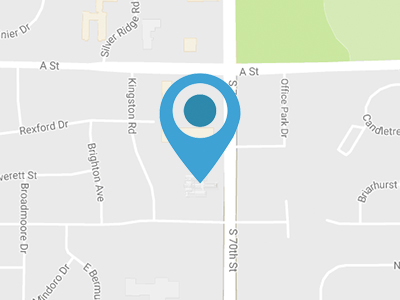by Michelle DeRusha
Not long ago, I took it upon myself to edit the words of the Lord’s Prayer. That’s right: I rewrote the prayer written by Jesus himself. It wasn’t a complete rewrite, mind you; I simply tweaked the pronouns.
I decided the prayer would work better for me with singular rather than plural pronouns. For example, “Our father, who art in heaven,” became “My father, who art in heaven.” Likewise, “Forgive us our trespasses, as we forgive those who trespass against us,” became “Forgive me my trespasses, as I forgive those who trespass against me,” and so on.
After all, I reasoned, the whole purpose of faith and religion is to encourage a personal relationship with God and, ultimately, personal salvation, right? What, then, was the point of praying in a plural voice? The “us” aspect of the prayer seemed to complicate the matter.
The funny thing was, I couldn’t do it. Every time I tried to pray my new individualized version of the Lord’s Prayer, I tripped over the words. Suddenly, the lines I’ve known by heart for decades refused to flow. My mind went blank, and I forgot whole sentences of the prayer I’d been praying since the second grade. Without the familiar plural pronouns in their rightful places, the prayer didn’t work.
The reason for this, of course, is the fact that, in the same way any habit is formed, the repetition of the same 70 words traveling the same neural pathway day in and day out over decades of recitation had firmly etched the Lord’s Prayer into my brain. Old habits die hard.
That said, though, the failed experiment gave me the unexpected opportunity to consider the question of why Jesus taught his disciples to prayer the Lord’s Prayer in the plural in the first place.
Turns out, the plural pronouns weren’t a mistake or even a fluke. Jesus taught his disciples, and us, to pray the Lord’s Prayer in the plural voice because our lives here on Earth aren’t about you and me individually, but rather, about you and me – us – here together.
Jesus knew that community is an integral component of faith. He knew that we need one another and that, ultimately, we are better together. When I pray the Lord’s Prayer, both alone and with others in communal worship, I am reminded that my relationship with God extends beyond myself. I am reminded that all of us together are Christ’s body. My daily bread is given, and I give daily bread to another. I am forgiven, and I forgive another.
Truth be told, I like my version of the Lord’s Prayer better, because on most days, I’d rather it be all about me. Living in community isn’t always easy. Our co-workers vote for the candidate we don’t like. Our neighbors think Creeping Charlie is a fine substitute for grass. Our family members leave their dirty socks on the living room floor (I’m speaking hypothetically, of course). Our friends hurt us, our loved ones betray us.
I don’t necessarily want to share my bread. I don’t necessarily want to forgive. I don’t necessarily want to see “the other side” of an argument.
Which is exactly why I need Jesus’ version rather than my own version of the Lord’s Prayer. I need to be reminded again and again as I pray the familiar words that it’s not just about me. It’s about us.
If this post resonated with you, consider signing up to receive Michelle’s weekly blog posts in your in-box (or, if you’d prefer, her monthly newsletter, The Back Patio — a casual chat about books, podcasts, and fun, everyday life kinds of things). You can sign up and as a free gift for subscribing, she will send you her free e-book, Learning to Listen to Your Soul: 5 Tips for Beginning a Daily Practice of Intentional Rest.

